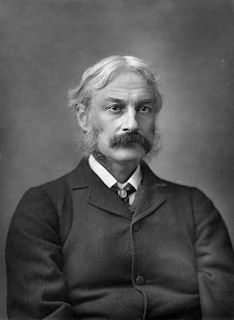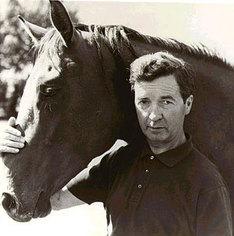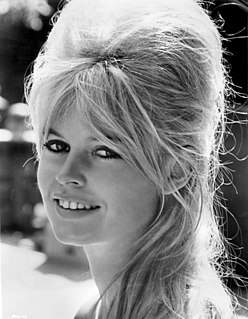A Quote by Andre Gide
Envying another man's happiness is madness; you wouldn't know what to do with it if you had it.
Related Quotes
Happiness is much more equally divided than some of us imagine. One man shall possess most of the materials, but little of the thing; another may possess much of the thing, but very few of the material. In this particular view of it, happiness had been beautifully compared to the man in the desert--he that gathered much had nothing over, and he that gathered little had no lack.
Envy, envy eats them alive. If you had money, they’d envy you that. But since you don’t, they envy you for having such a good, bright, loving daughter. They envy you for just being a happy man. They envy you for not envying them. One of the greatest sorrows of human existence is that some people aren’t happy merely to be alive but find their happiness only in the misery of others.
In the Renaissance, madness was present everywhere and mingled with every experience by its images or its dangers. During the classical period, madness was shown, but on the other side of bars; if present, it was at a distance, under the eyes of a reason that no longer felt any relation to it and that would not compromise itself by too close a resemblance. Madness had become a thing to look at: no longer a monster inside oneself, but an animal with strange mechanisms, a bestiality from which man had long since been suppressed.
This philosophical postulate that the end of all being is the happiness of man has been sort-of covered over with evangelical terms and biblical doctrine - until God reigns in heaven for the happiness of man, Jesus Christ was incarnate for the happiness of man, all the angels exist and ... everything is for the happiness of man - and I submit to you that this is unchristian.
Most people think, when they're young, that they're going to the top of their chosen world, and that the climb up is only a formality. Without that faith, I suppose, they might never start. Somewhere on the way they lift their eyes to the summit and know they aren't going to reach it; and happiness then is looking down and enjoying the view they've got, not envying the one they haven't.
Every human being lived behind an impenetrable wall of choking mist within which no other but he existed. Occasionally there were the dim signals from deep within the cavern in which another man was located so that each might grope toward the other. Yet because they did not know one another, and could not understand one another, and dared not trust one another, and felt from infancy the terrors and insecurity of that ultimate isolation there was the hunted fear of man for man, the savage rapacity of man toward man.
Many a man is mad in certain instances, and goes through life without having it perceived. For example, a madness has seized a person of supposing himself obliged literally to pray continually; had the madness turned the opposite way, and the person thought it a crime ever to pray, it might not improbably have continued unobserved.





































